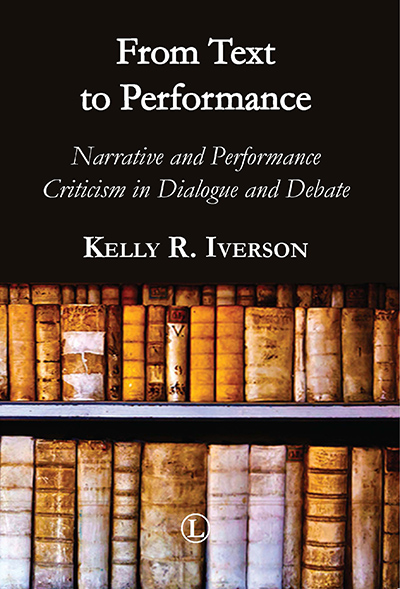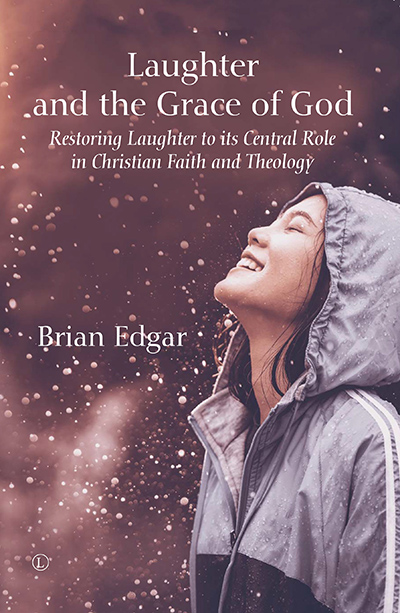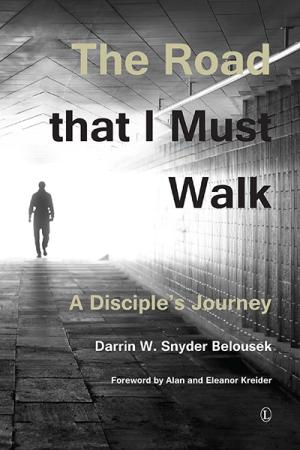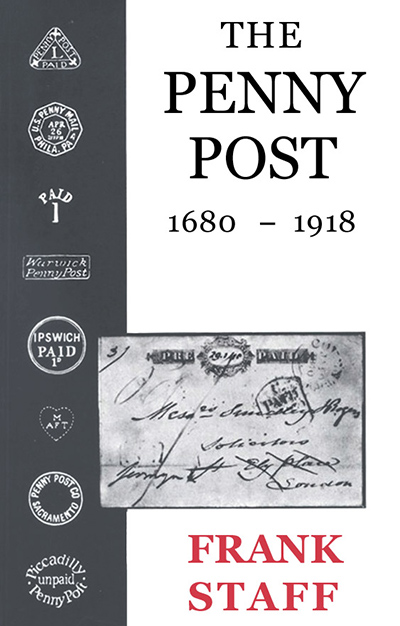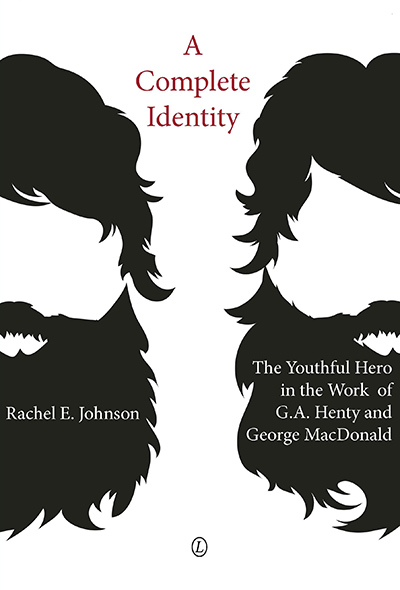Description
For the last two centuries, biblical interpretation has been guided by perspectives that have largely ignored the oral context in which the gospels took shape. Only recently have scholars begun to explore how ancient media inform the interpretive process and offer an understanding of the Bible.
The contributors to From Text to Performance recognise that the Jesus tradition was a story heard and performed, and seek to re-evaluate the constituent elements of narrative, including characters, structure, narrator, time, and intertextuality, within this performative context. In dialogue with traditional literary approaches, these essays demonstrate that an appreciation of performance yields fresh insights distinguishable in many respects from results of literary or narrative readings of the gospels.
About the Author
Kelly R. Iverson received his PhD from the Catholic University of America (Washington DC) and is Associate Professor of New Testament at Baylor University in Texas. He is the author of Gentiles in the Gospel of Mark (2007), and co-editor of Mark as Story (2011) and Unity and Diversity in the Gospels and Paul (2012).
Contents
Preface
Abbreviations
Contributors
1. Performance Criticism: A Paradigm Shift in New Testament Studies
David Rhoads and Joanna Dewey
2. Those Sitting around Jesus: Situating the Storyteller within Mark’s Gospel
Philip Ruge-Jones
3. Characters in Text and Performance: The Gospel of John
Holly E. Hearon
4. Audience Asides and the Audiences of Mark: The Difference Performance Makes
Thomas E. Boomershine
5. Sound and Structure in the Gospel of Matthew
Margaret E. Lee
6. The Present Tense of Performance: Immediacy and Transformative Power in Luke’s Passion
Kelly R. Iverson
7. From Performance to Text to Performance: The New Testament’s Use of the Hebrew Bible in a Rhetorical Culture
Kathy Maxwell
8. “This Is My …”: Toward a Thick Performance of the Gospel of Mark
Richard W. Swanson
Bibliography
Author Index
Endorsements and Reviews
From Text to Performance presents a set of suggestive new essays on various key issues in performance of texts, including how a text-in-performance can have a powerfully moving impact on a community of listeners. The essays offer several sensitive insights into the significant differences between literary criticism deeply rooted in print culture and the emerging performance criticism that considers the effects of performed texts on the audience.
Richard Horsley, University of Massachusetts Boston
This is a strong collection of essays, showcasing the great range of insights of which performance criticism is capable.
Clement Grene, in Reviews in Religion and Theology, Vol 23, Issue 2

